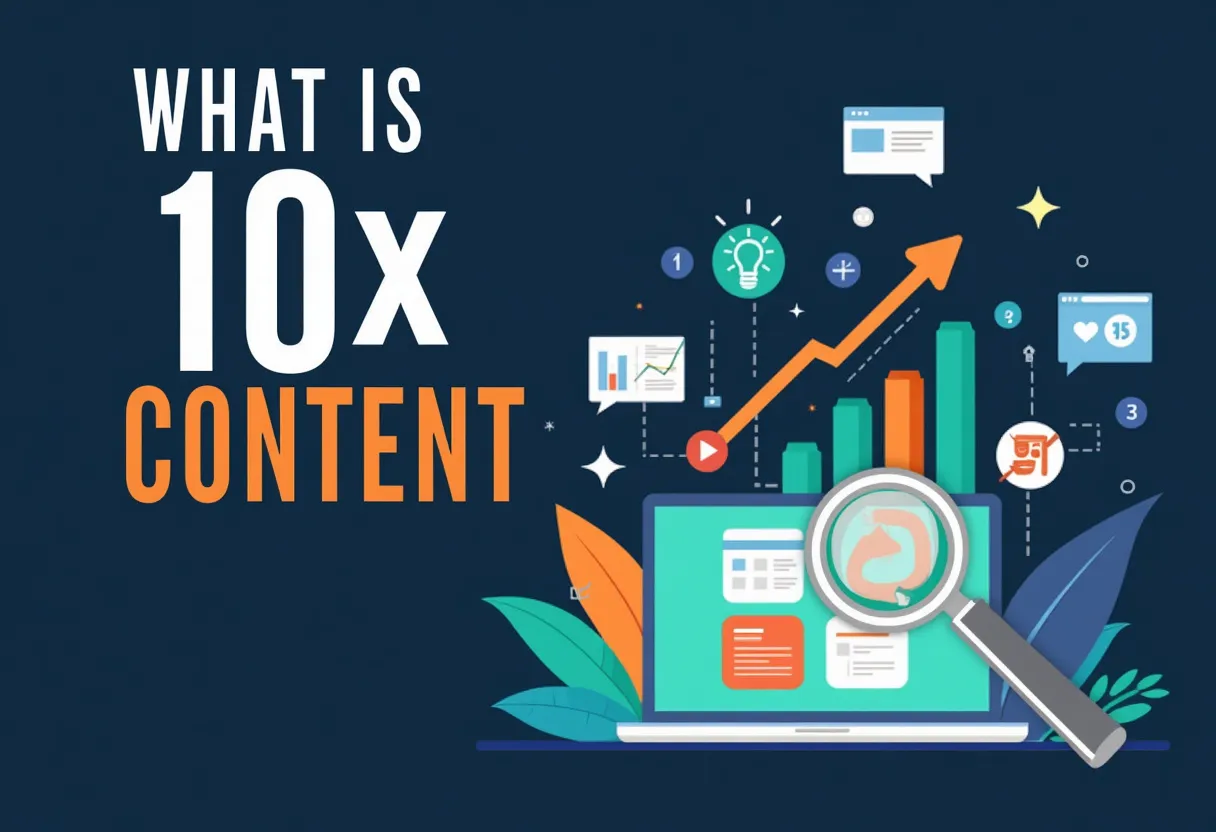Definition
What is Data-Led SEO?
Data-Led SEO is a strategic approach to search engine optimization that relies on data analysis and user intent to drive content strategy and website optimization. This method moves beyond traditional keyword-focused SEO by utilizing user data, search trends, and behavioral insights to create a more targeted and effective SEO strategy. It integrates advanced statistical techniques, machine learning, and AI to optimize content and improve website performance.
How It Works
Function and Concept:
Data Collection and Analysis
Data-Led SEO involves gathering and analyzing various types of data, including user behavior, search trends, keyword intent, and customer interactions. This data is used to understand user needs, preferences, and pain points.
User Intent Analysis
By analyzing user intent signals, search keywords, and content on the website, businesses can build a comprehensive picture of what matters most to their audience. This helps in crafting content that directly addresses user interests and pain points.
Content Optimization
The data is used to optimize content, ensuring it is relevant, valuable, and aligned with user needs. This approach includes creating content that resonates with the audience, such as blog posts, articles, and other resources that address specific user queries.
Continuous Testing and Iteration
Data-Led SEO involves continuous testing and iteration. Metrics such as traffic sources, keyword rankings, and user engagement are monitored to make informed decisions and adjust the SEO strategy accordingly.
Integration with Other SEO Strategies
Data-Led SEO can be combined with other SEO approaches, such as content-led or product-led SEO, to create a holistic strategy that leverages the strengths of each method.
Why It Matters
Importance in SEO:
Improved User Experience
By understanding and addressing user needs and preferences, Data-Led SEO enhances the overall user experience, leading to higher engagement and satisfaction.
Increased Organic Traffic
This approach helps in optimizing content to match user intent, resulting in higher quality and more relevant organic traffic.
Better Conversion Rates
Data-Led SEO, particularly when combined with Conversion Rate Optimization (CRO), can significantly improve conversion rates by making the conversion process easier and more user-friendly.
Competitive Advantage
Using advanced data analysis and machine learning sets businesses apart from competitors who may still be using traditional SEO methods. This approach ensures businesses stay ahead by leveraging actionable insights for sustainable growth and success.
Best Practices
Recommended Methods and Tools:
Mastering SEO Analytics
Use tools to analyze metrics such as traffic sources, keyword rankings, and user engagement to make data-driven decisions. This includes understanding the intent behind search queries and the user journey on the website.
Intent Analysis
Utilize intent analysis to understand user needs and preferences. This helps in crafting content that directly addresses these needs, improving the relevance and value of the content.
Continuous Testing and Iteration
Implement a “Test, Learn & Iterate” approach, using predictive models to measure the impact of SEO actions in weeks or days rather than months. This ensures that the SEO strategy is always up-to-date and effective.
Leveraging Machine Learning and AI
Use advanced AI technology to go beyond traditional keyword analysis. This includes automating the creation of content or pages based on available data and user interactions.
Conversion Rate Optimization (CRO)
Integrate CRO into the Data-Led SEO strategy to ensure that increased traffic translates into actual conversions. This involves making user-friendly changes to the website to facilitate easier conversions.
Statistical Validation
Ensure that all findings are backed by robust statistical analysis to provide confidence in the results and avoid guesswork in SEO strategies.
Additional Keywords
Incorporating related terms such as Data-Led SEO, Data-Driven Content, Data-Driven Content Strategy, Predictive Analytics SEO, Predictive SEO, Behavioral SEO, Behavioral SEO Signals, User Intent Analysis, User Behavior Signals, and Customer Journey Optimization will help in enhancing the SEO strategy and improving internal linking.
Conclusion
Data-Led SEO represents a significant advancement in the field of search engine optimization by leveraging data, user intent, and advanced technologies to create highly targeted and effective strategies. This approach not only improves user experience and increases organic traffic but also provides a competitive edge by utilizing actionable insights. By mastering SEO analytics, continuously testing and iterating, and integrating advanced technologies, businesses can ensure sustained growth and success in their digital marketing efforts.



